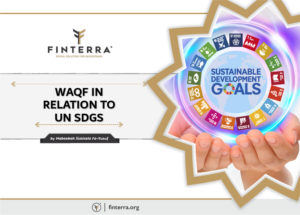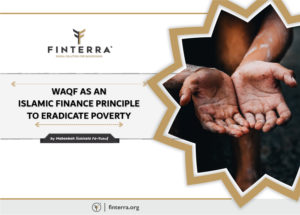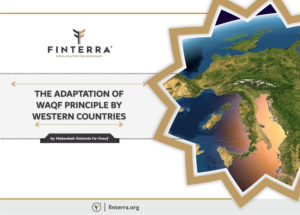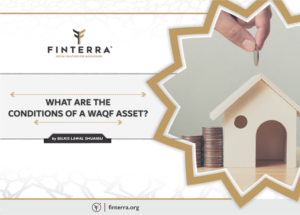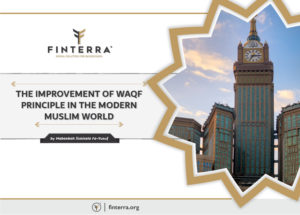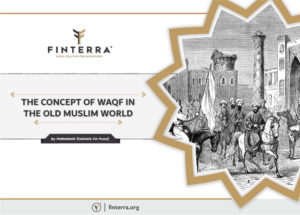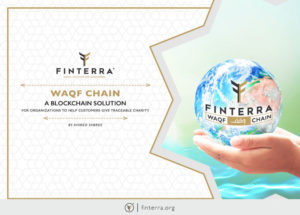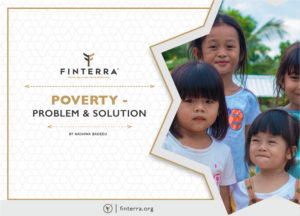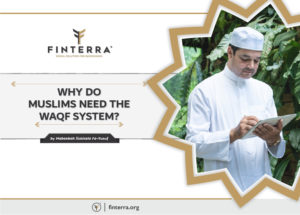
Why Do Muslims Need the Waqf System?
There are several reasons why Waqf exists in Islam. This article attempts to explain some of the reasons why Muslims need the Waqf system. These reasons are explained as follows:
First of all, one reason is to build religious infrastructure such as mosques and Madaris (plural of Madrasa) for Muslims in the West where non-Muslims are the majority and the Governments do not provide such services.
Secondly, since most Muslim countries are beset with high rates of poverty and income inequality, Muslims need the waqf system in order to reduce poverty and to redistribute wealth. Waqf can help reduce these problems thereby reducing the financial burden on Governments…


